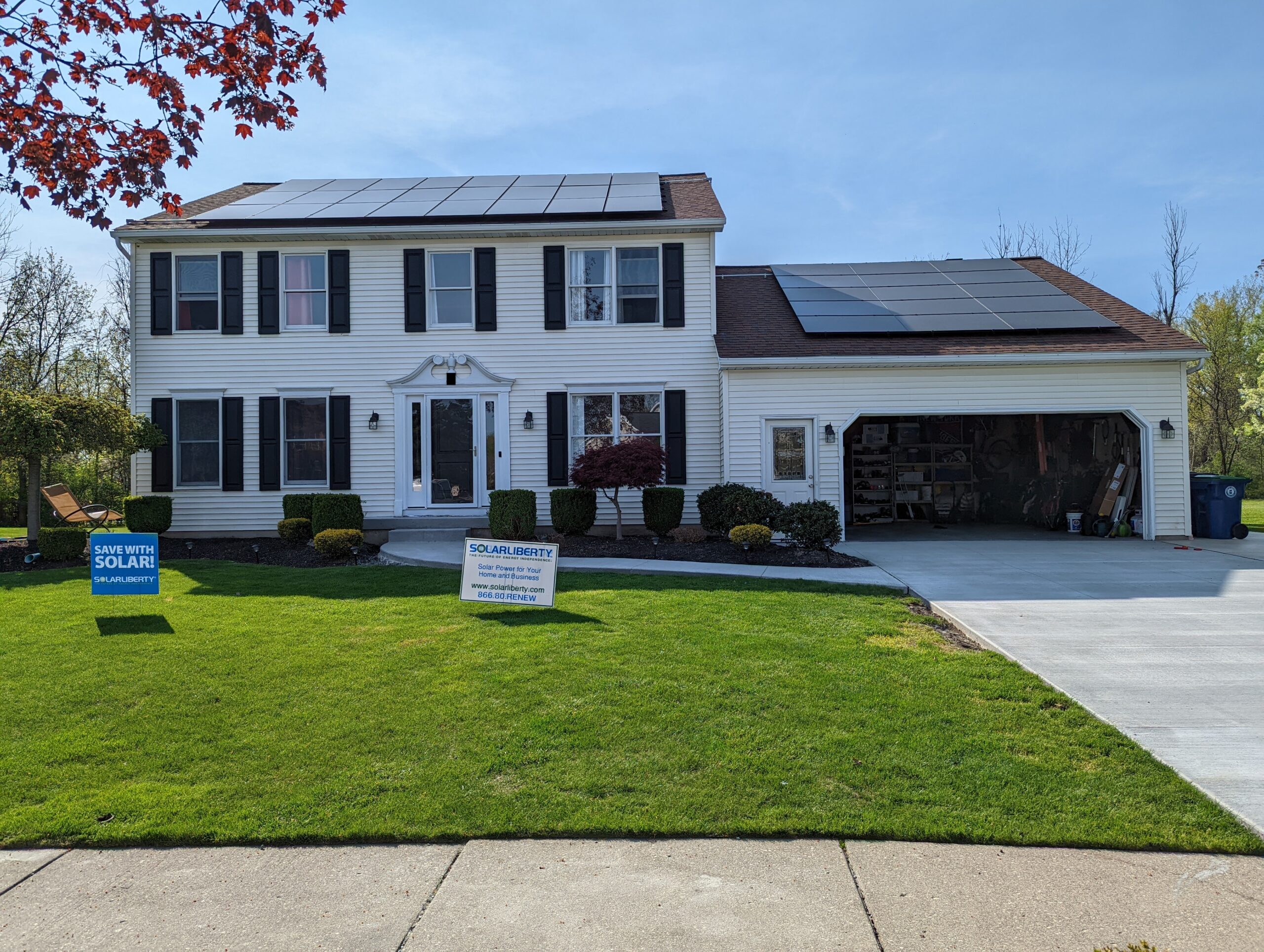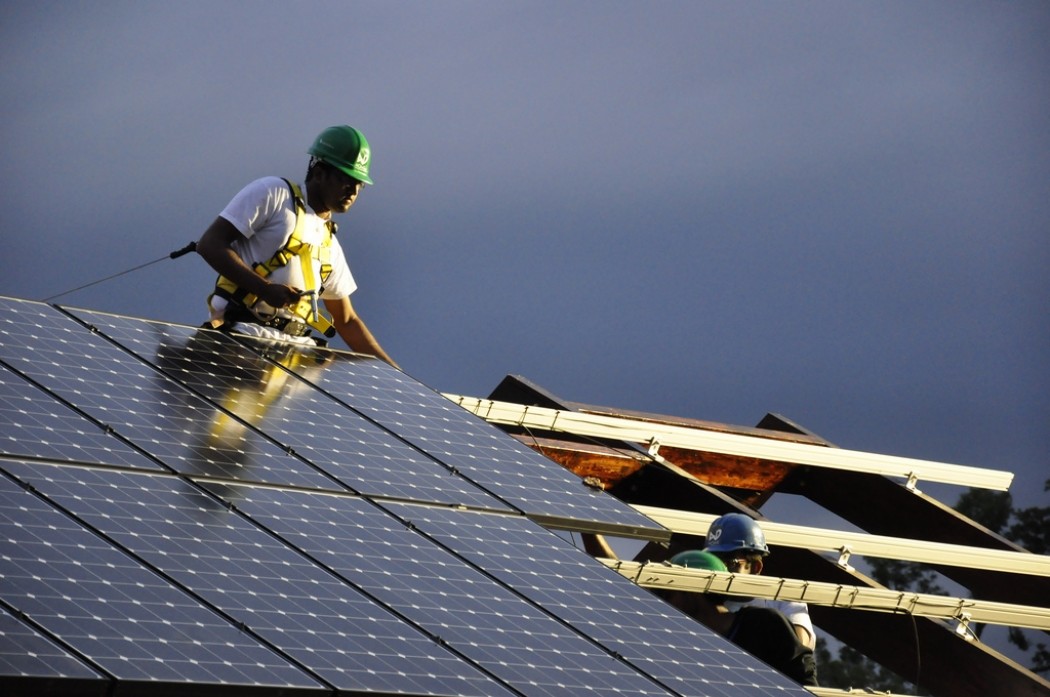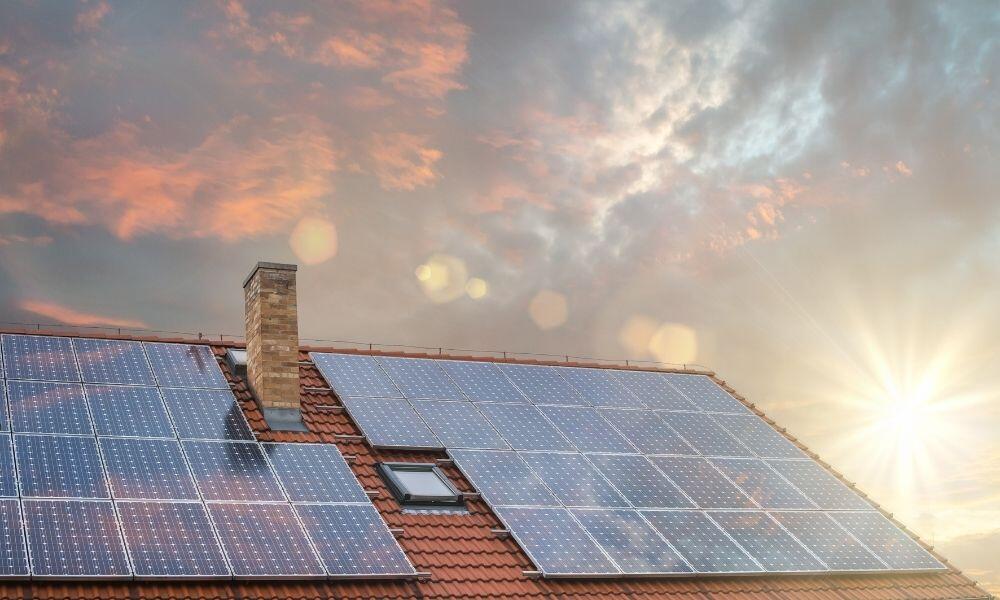Haiti’s future, painted in green
BUFFALO, NY – A win-win-win partnership – among two UB Law clinics and a Buffalo foundation with big dreams for the nation of Haiti – was showcased April 14. The colloquy, “A Brighter Future for Haiti: The Power of Renewable Energy,” drew an overflow crowd to the Cellino and Barnes Conference Center on the fifth floor of O’Brian Hall. It featured students from two Law School clinics – the Environment and Development Clinic, and the Women, Children, and Social Justice Clinic – who have worked with the local Solar Liberty Foundation over the past academic year.
As Haiti continues to recover and rebuild from this year’s devastating earthquake, the focus of the project has been on providing its impoverished residents, especially those in remote rural areas, with solar cookers – a “green” energy technology that provides both environmental and social benefits.
Second-year student Jeanne Lane ’11, a member of the Environment and Development Clinic, defined the problem in Haiti as one of access to power. “The lack of electricity is something that Haiti has been suffering from for decades, and it is unfortunate that the government has done nothing about it,” she said. “And since the earthquake, it has gotten worse. Haiti is the poorest country in the Western Hemisphere, and also the least illuminated. Haitian people are lucky to receive four straight hours of electricity a day.”
As a result, she said, students have no light by which to study, the functioning of businesses is crippled, and health care is impeded when, for example, the electricity cuts off in the middle of delicate surgery. “That can mean the difference between life and death,” she said.
But the Caribbean nation enjoys sunny weather year-round, and, Lane said, “harvesting” that energy can improve the lives of Haiti’s residents as well as reduce the hazardous byproducts of using diesel fuel for power.
A fellow member of the Environment and Development Clinic, third-year student Tomas Callocchia ’10, said this year’s project involved researching the benefits that solar cookers can offer and studying financing options.
Callocchia showed off such a cooker, the size of a couple of microwave ovens. It operates, he said, as “a mini-greenhouse – the heat comes in but it isn’t allowed to escape.” Two thin metal pots rest under a glass top; placed outdoors in a sunny spot for several hours, it cooks food at a moderate to high temperature.
By contrast, he said, traditional cookstoves burn wood or charcoal, and over time that leads to depletion of natural forests. In addition, he pointed to health dangers: “Many of these fires are used indoors. They are also a major source of health problems, including respiratory diseases, cancer, eye diseases, low birth weights and increased infant mortality. “Many children have been burned by these open fires,” Callocchia said. “The use of solar cookers vastly reduces exposure to smoke, ash and fire.”
Third-year student Joanna McKeegan ’10, a member of the Women, Children, and Social Justice Clinic, also spoke about the issue in human terms, saying that traditional fires worldwide put women and children especially at risk.
“Women in developing nations have to collect firewood at least three times a week,” she said. “The source can be a great distance from where these women live, 35 miles or more. Because of the time it takes to gather firewood, women aren’t able to attend school or job training or have a small business.”
In addition, she said, women and girls are vulnerable to attack as they travel to gather firewood. She quoted a statistic from Doctors Without Borders: 200 rapes each month in countries where women gather firewood for cooking.
“There’s an obvious need for a better energy solution in Haiti,” McKeegan said. “Solar cookers are a wonderful, wonderful solution. The best part from a woman’s perspective is that they don’t require a fuel that women need to gather.”
Bringing a global issue back to a local connection, clinic students have proposed that Carolyn’s House – a residence in Niagara County for women and children whose lives have been disrupted by family violence – begin a manufacturing operation for solar cookers as part of its job training services. “This addition would create social change not only for the women who work on it, but the women whose very lives could be saved by the introduction of a solar cooker into their life,” McKeegan said. “This business would not only add a sense of economic stability and increased professional and technical skills, but also create feelings of self-worth, self-sufficiency and economic stability.”
The students were joined by representatives of the YWCA of Niagara, which is collaborating with the Solar Liberty Foundation on the solar cooker project, and by officials of the foundation, including Paige Mecca ’99, its executive director.
“The devastating earthquake in Haiti has allowed the world’s eyes and hearts to go toward that country, and we cannot stop,” Mecca said. “Haiti can be a model of what renewable energy looks like, and we can start that from the ground up in the rebuilding process.”
The Environment and Development Clinic is directed by Professor Robert Berger. The Women, Children, and Social Justice Clinic is directed by Professor Suzanne Tomkins.




